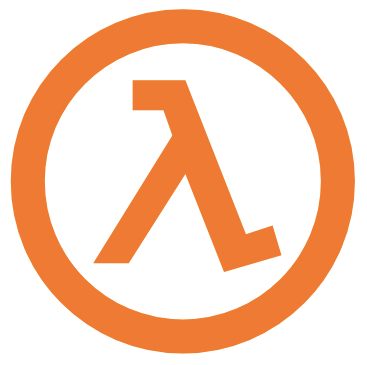There
is a bunch of taste when we talk about programming languages, some of
them are meant for some problem solving and some of them are not,
depends on the structure of the language and how this feature gives
us an approach to resolve the problem. In the article, it mentions
about functional programming, with gives certain features to make the
solution performance even better, such as parallel programming.
Another feature that is interesting is the data types that exists in
certain programming languages, it depends in how the data is stored.
Through evolution (in a technology way) improvements will be made,
some traditional point of view of solving problems will be obsolete,
it the matter of viewing the different approaches to solve certain
problems. Some structure of thinking defined the abstraction on how
we see the problem solved, but with functional programming these
paradigms could be overturned.
Functional programming has revolutionize the entire world, with new
solutions to our daily problems, complexity has being deformed and
the way we see our surroundings has changed.
At the end, everything we create is a perspective on how we perceive
the world, the creation of newer languages will be continuous, but
how languages had change, with new creations, new perspective should
come.
Knowledge will teach us how to live.
I wonder how the evolution of programming languages will come,
and the different approaches we will have, how many languages will be
in the future, how will be our point of view, and would programming
languages change how we perceive the world. It comes to my mind the 5
postulate of Euclid, which was very controversial in his own way,
which gave birth to no-Euclidean geometry. Which is the postulate 5
of programming languages and how it could give birth to a new whole
universe?

Comentarios
Publicar un comentario